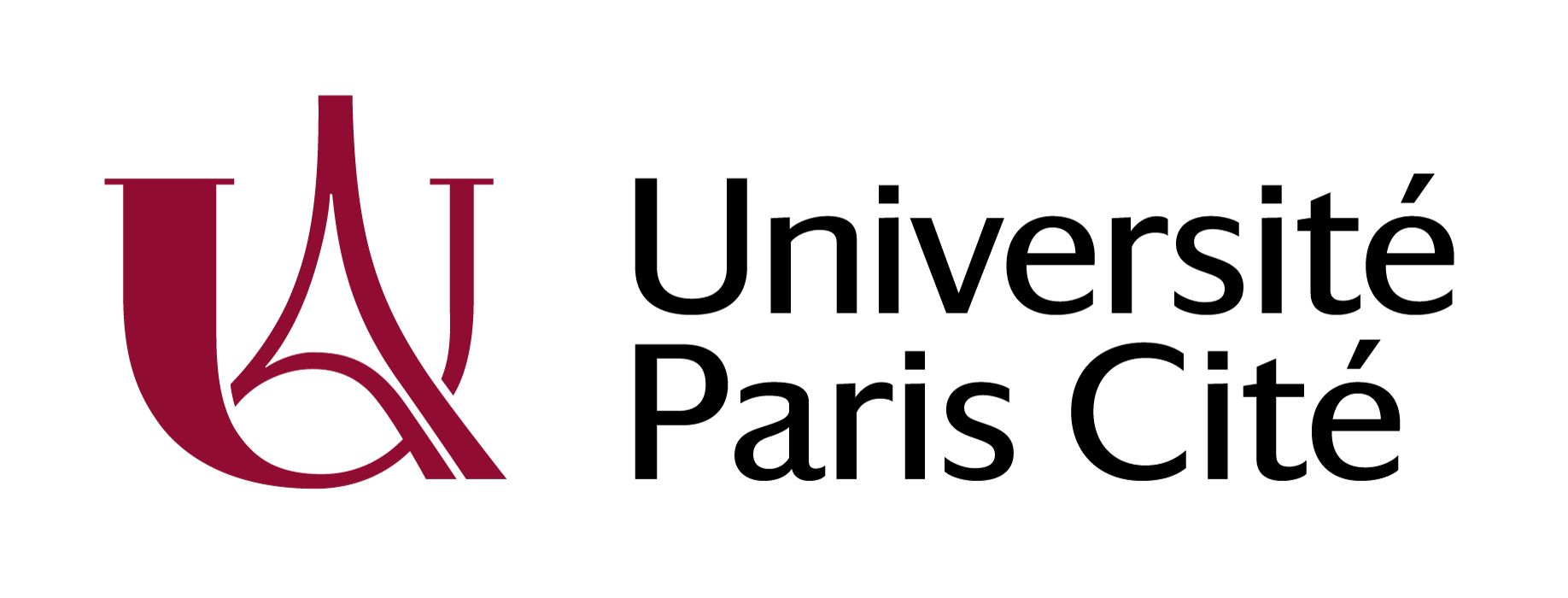Narrator
Résumé
The concept of the narrator is one of the essential concepts of narrative theory, in the sense that it concentrates a high degree of abstraction, intense historical significance, and great contemporary resonance. It needs to be seen, however, that some of its current importance is linked to the problems it raises and controversies it generates.
In recent years, the controversies raised by the concept of the narrator have taken the form of the opposition between pan-narrator theory (following Tilmann Köppe and Jan Stühring’s term) and optional-narrator theory or theories. Briefly put, pan-narrator theory is the theory of the existence of a fictional narrator in all fictional narratives. Optional-narrator theories challenge the validity of this assumption on a variety of different grounds.
A reconsideration of the concept of the narrator in the context of a rhetorical theory of fictionality in literature cannot help but encounter the theory presented by Richard Walsh in “The Narrator and the Frame of Fiction.” Walsh is one of the most virulent critics of pan-narrator theory. However, he cannot be considered an optional-narrator theorist. In the first section of this chapter, I will present a version of Walsh’s theory of the narrator in the form of a five-point list, which I will follow with a few critical remarks. In the second section, I will expand on one of these remarks concerning Walsh’s lack of historical perspective on the concept of the narrator. I will recall that two concepts of the narrator are at the origin of the modern concept of the narrator in pan-narrator theory. There is a first concept that was introduced to account for the distinctive character of memoir-novels or first-person novels in the original sense of the term (I call this “the original concept of the narrator”) and a new concept that comes from the German controversy over authorial intrusions at the end of the nineteenth century and leads to the narrator of pan-narrator theory. The two concepts encapsulate very different issues, which is what allows us to speak of two different concepts. Walsh has good arguments to exclude the second concept from his theory of fictionality. But he does not see that his view of the narrator as referring “either [to] a character who narrates, or [to] the author” dissolves the concept of the narrator, which only exists in and by the distinction between the author and the narrator. In the third and last section, I will try to show what a rhetorical theory of fictionality in literature can bring to the understanding and to the use of the concept of the narrator. I will propose a modified version of Walsh’s theory, based on an opposition between the concept of the narrator as a creation of the author and the concept of the narrator as a creation of the theory. Like Walsh, I will eliminate the narrator as a creation of the theory and I will consider the benefits of revalorizing the narrator as consciously and intentionally created by the author.
